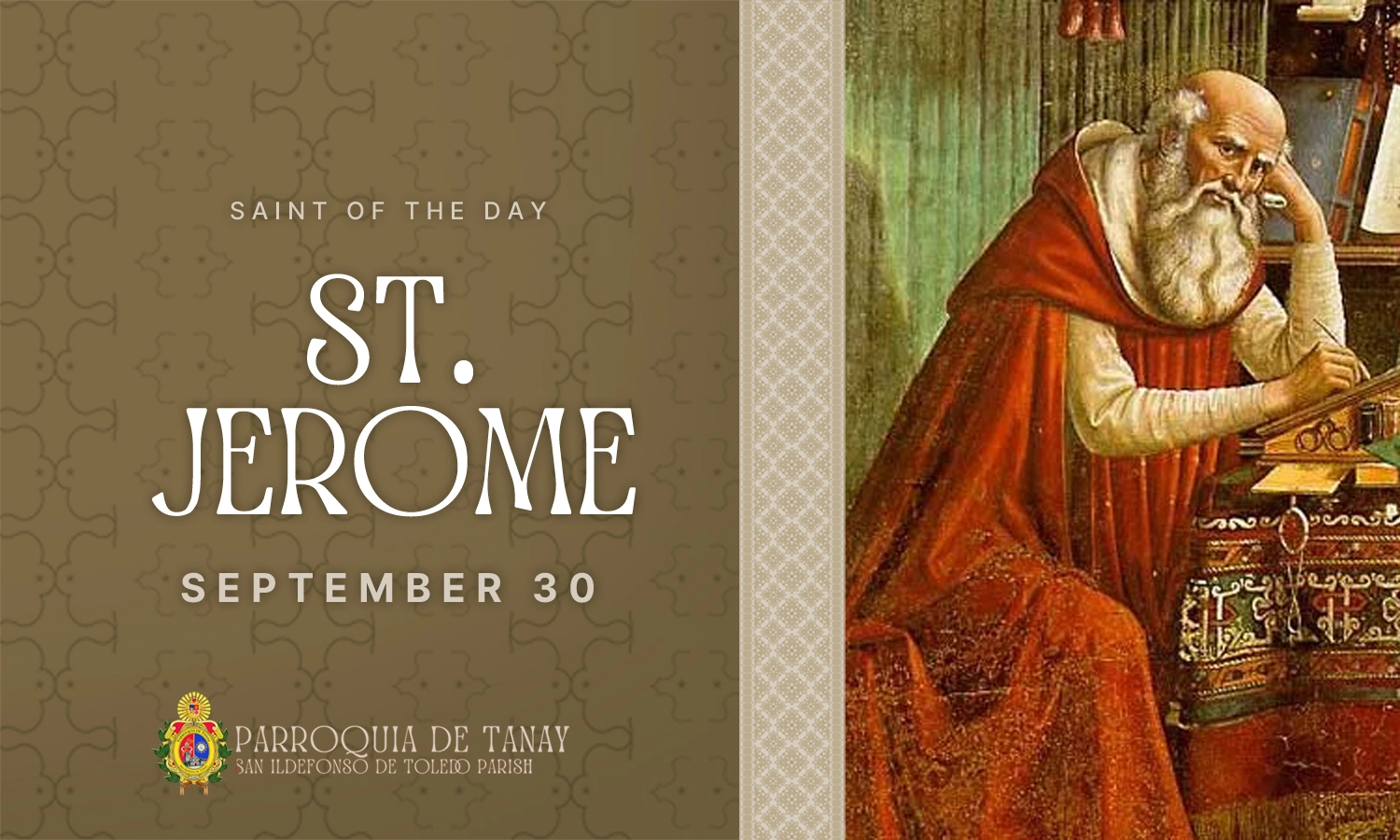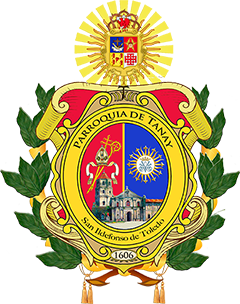Saint of the Day: St. Jerome | September 30
By SIDTP SoCom
Published on September 30, 2024
St. Jerome, born around 347 AD in Stridon, a town in the Roman province of Dalmatia (modern-day Croatia), is one of the most influential figures in the early Christian Church. His extensive scholarly work, especially his translation of the Bible into Latin, has left a lasting legacy on Christian theology and biblical studies.
Jerome was raised in a Christian family and received an extensive education in rhetoric and philosophy. He initially pursued a secular career but felt a profound calling to dedicate his life to the Church. After converting to Christianity, he embraced a monastic life, which profoundly influenced his later works. Jerome’s deep commitment to scriptural study and asceticism shaped his approach to theology and translation.
Jerome’s most significant contribution to Christian scholarship is his translation of the Bible into Latin, known as the **Vulgate**. Prior to Jerome’s work, the Bible was available primarily in Greek and Hebrew, making it less accessible to Latin-speaking Christians. Jerome undertook this monumental task around 382 AD at the request of Pope Damasus I, who sought to standardize the Latin text of the Bible. Jerome meticulously translated the Old Testament from Hebrew and the New Testament from Greek into Latin, ensuring that his translation was as accurate and faithful to the original texts as possible.
The Vulgate quickly became the standard Bible for the Western Church. Its influence on Christian doctrine, liturgy, and biblical interpretation was profound, and it remained the authoritative text for the Catholic Church for over a millennium. Jerome’s dedication to precise translation and his critical approach to the Scriptures set new standards in biblical scholarship.
In addition to his translation work, Jerome wrote extensively on theological and biblical topics. His writings include biblical commentaries, letters, and treatises that addressed various theological disputes of his time. Jerome was known for his sharp intellect and his strong defense of orthodoxy. He engaged in numerous theological controversies, including debates with other Church Fathers such as Augustine of Hippo and Origen, and his writings often reflect his passionate and sometimes contentious nature.
Jerome’s monastic life was marked by a commitment to asceticism and scholarship. He spent a significant portion of his later years in a monastic community in Bethlehem, where he continued his scholarly work and completed the Vulgate. His time in Bethlehem also allowed him to engage deeply with the Holy Land’s spiritual and historical context, enriching his biblical studies.
St. Jerome died on September 30, 420 AD. His contributions to Christian thought and his role in the development of the Western Church were recognized by his canonization as a saint. His feast day is celebrated on September 30th, and he is venerated as one of the Church Fathers and a Doctor of the Church, a title given to saints whose writings and teachings have greatly contributed to Christian theology.
Jerome is also regarded as the patron saint of translators and librarians, reflecting his significant contributions to biblical translation and the preservation of Christian texts. His legacy continues to influence biblical scholarship and Christian education today.
Sources:
1. Kelly, J.N.D. St. Jerome: His Life, Writings, and Controversies. HarperCollins, 1975.
2. Farmer, David Hugh, ed. The Oxford Dictionary of Saints. Oxford University Press, 2003.



